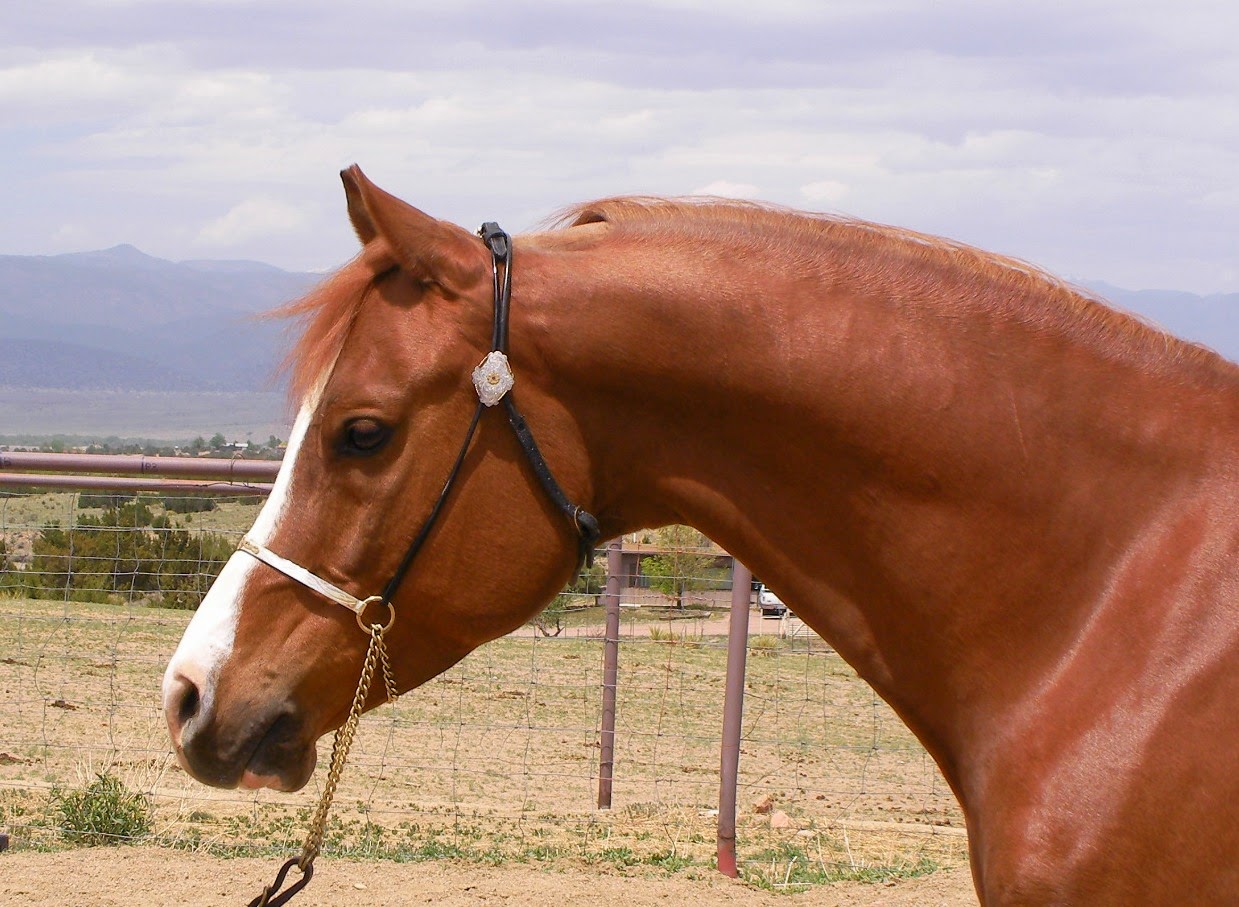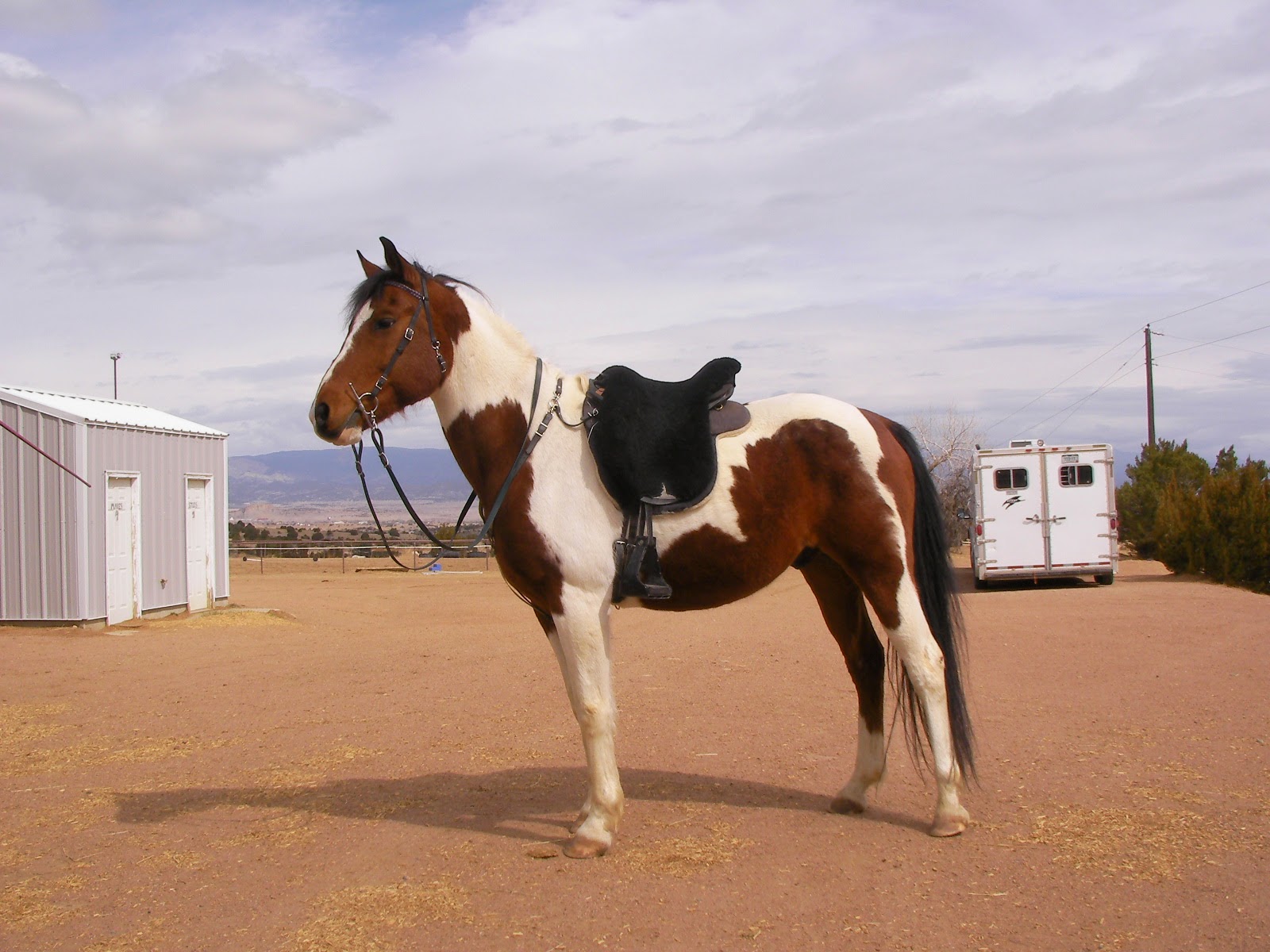 Last day. I thought I would fail to find a Z grammar tip. I was ready to just give you the horse of the day. But I actually found a good one.
Last day. I thought I would fail to find a Z grammar tip. I was ready to just give you the horse of the day. But I actually found a good one.How do you indicate possessive for names ending in Z? Is it Martinez' or Martinez's Same question for S. I'm curious to hear what you think because I don't like the answer!
The circle goes round and round, and it seems most grammar books and style guides have returned to recommending that the possessive form of Martinez is Martinez's. For Carlos it should be Carlos's. Regardless of whether pronouncing the possessive adds another syllable or not.
Example:
Carlos's face turned red.
Mr. Martinez's car bumper fell off in the middle of the road.
I guess I got left behind on this cycle. My MG sci-fi book has characters named Carlos and Brutus. I really hate the way Carlos's looks. I know I've been consistent, but I failed to find a formal supporting site allowing me to stick with Carlos'.
Yay for search and replace! What's your opinion on the final s after possessive S and Z names? Drop me a comment below and leave a link back to your blog and I'll be sure to visit and comment.
And now for the last horse of my A to Z Challenge. His name is Zohan. Yes, he was named after "You Don't Mess with the Zohan."
Zohan is an arab Quarter cross. A friend owned him, then left him at our barn when she and her husband moved to Las Vegas for a job. They were never able to afford boarding him in Vegas, so asked me to train and sell Zohan and two other horses.
 I loved Zohan and would have bought him if I didn't already a ridiculous number. He could run forever and would have loved endurance. Another friend bought him, but she ended up with a rare breast cancer and had to give him back. A boarder at our barn was looking for a horse for her husband, and they were a great match. He's still a horse I'd love to own, but I'm glad he and his owner are happy together.
I loved Zohan and would have bought him if I didn't already a ridiculous number. He could run forever and would have loved endurance. Another friend bought him, but she ended up with a rare breast cancer and had to give him back. A boarder at our barn was looking for a horse for her husband, and they were a great match. He's still a horse I'd love to own, but I'm glad he and his owner are happy together.

















































